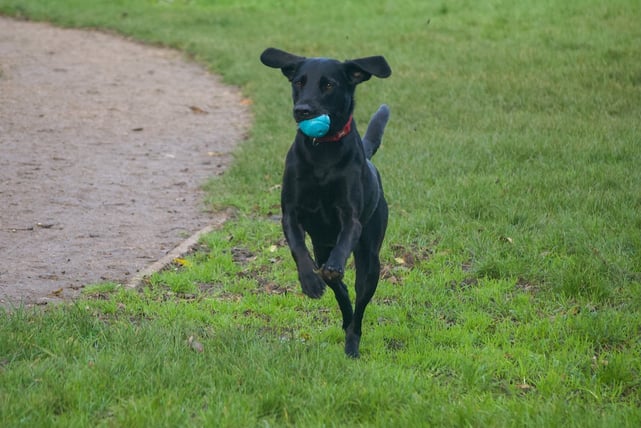Pet Etiquette in the UK
Updated on: January 11, 2024 | Author: Starwood Pet Travel

Are you planning a move to London with your beloved pet? Fantastic! The British have a special affinity for dogs and cats, so your furry companion will feel right at home. However, it's important to remember that good manners are highly valued in the UK, and this extends to your pet as well. Your dog or cat should be on their best behavior.
One of the wonderful things about living in London is the abundance of outdoor spaces for you and your pet to explore. If you have a dog, you'll find a plethora of walking trails and hiking routes where you can soak up the fresh air and revel in breathtaking views. From the enchanting Scottish moors to the iconic White Cliffs of Dover, the British countryside offers a diverse range of natural beauty. Of course, there's no shortage of urban excitement in London as well. Whether you're moving or just visiting, you'll have no trouble finding pet-friendly accommodation throughout the British Isles.
Pet-Friendly Accommodations
While it may be relatively easy to find a hotel that allows pets for a short stay, finding a permanent place to live with your furry friend can be more challenging. Not all landlords accept pets, so it's crucial to secure suitable housing before you make the move. Being a considerate neighbor is also important, and our article on finding dog-friendly housing in London can provide valuable guidance in this regard.
Dog Training is Key
To ensure a smooth transition, familiarize yourself with the British rules of pet etiquette. Renowned dog trainer Kama Brown suggests that British dogs tend to be better behaved than their American counterparts. This is because European and UK puppies are raised to exhibit service dog-like behavior – calm, composed, and unfazed by the distractions of the world around them. For example, people in the UK are unlikely to approach your dog on the street to pet them, and their pets are also less likely to approach yours. It's essential to embrace this "mind your own business" attitude when you and your pooch are out in public.
The UK is generally more accepting of pets in public places compared to the US. As an example, even when you visit historic sites like Stonehenge (which you absolutely must!), your furry companion may join you in the museum. After all, who wouldn't want to soak up a bit of ancient history alongside their canine companion?
While you're in London, why not treat yourself and your pet to a visit to a pet café? These delightful establishments, found not only in London but also across the UK, welcome both cats and dogs. It's an opportunity for you and your furry friend to enjoy some quality time together in a unique and pet-friendly setting.
Good Manners are Universal
Remember, good manners are universal when it comes to being a responsible pet parent. Whether at home or in public, your pet should be clean, quiet, and well-behaved. This means no excessive barking or growling, keeping your pet on a short leash for better control, and always carrying poop bags for emergencies.
In addition to teaching your pet good manners, it's equally important to be mindful of local rules and regulations regarding pet licensing for cats and dogs.
Research Cultural Differences
Lastly, it's worth noting that while English is the official language of the United Kingdom, there are cultural and social differences between the UK and the US. This is particularly true when visiting Scotland, Ireland, or Wales, as these regions have their own unique language and customs. Familiarize yourself with local etiquette and pet etiquette before your trip to ensure a smooth and enjoyable experience. Lonely Planet offers helpful advice on the do's and don'ts of London, which can be beneficial even if you're moving to a different part of the British Isles.
As a foreigner, it's natural to make some mistakes, but by familiarizing yourself with local customs and pet etiquette, you'll earn a well-deserved "4 paws up" when you arrive in the UK.
*Photo by Alex Preusser on Unsplash
Subscribe to the Blog
Enjoy our content? Get them sent to your inbox!
Subscribe Now!
Stay in the loop with Starwood.
Monthly podcasts, blogs, events & pet travel insights.

